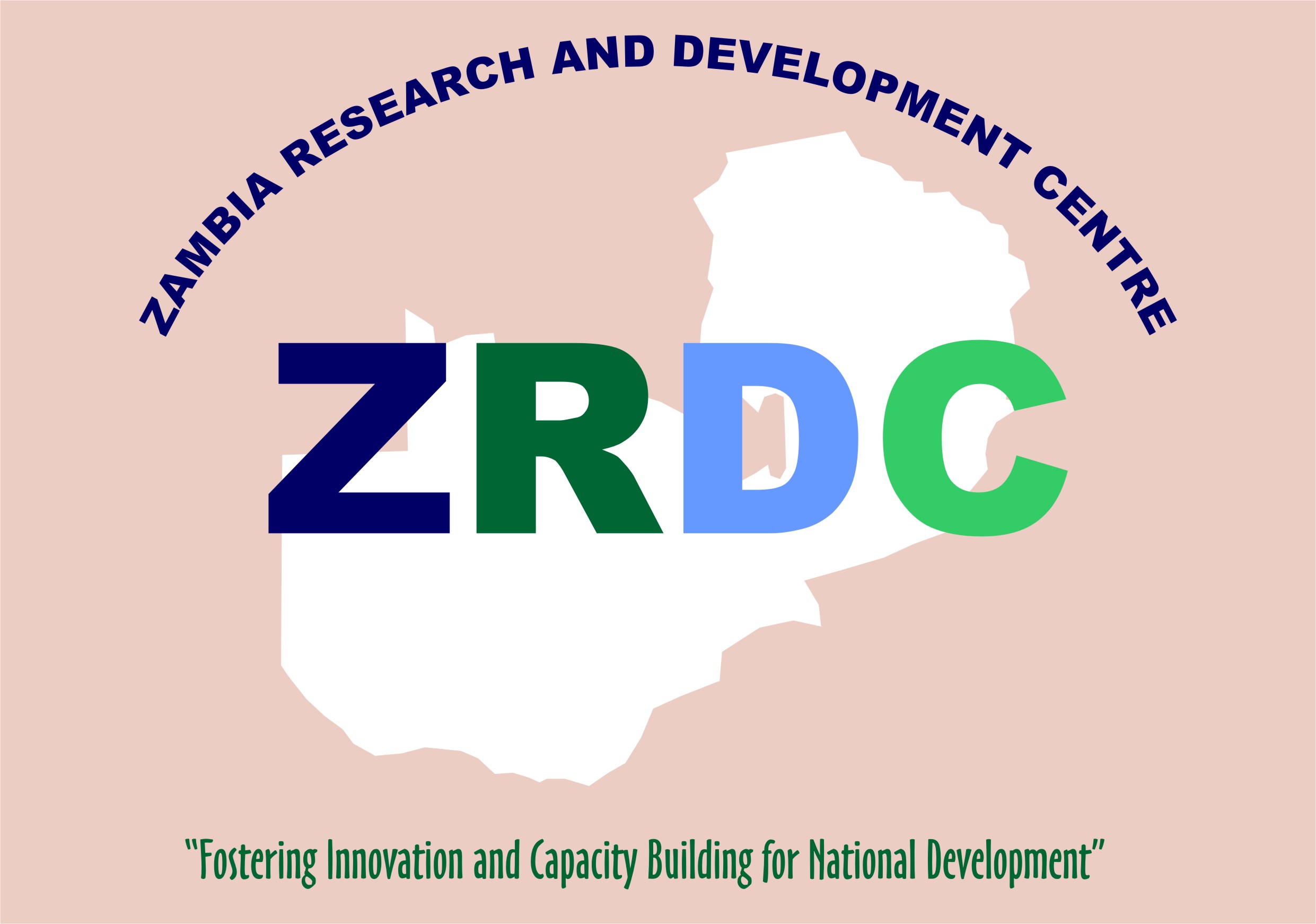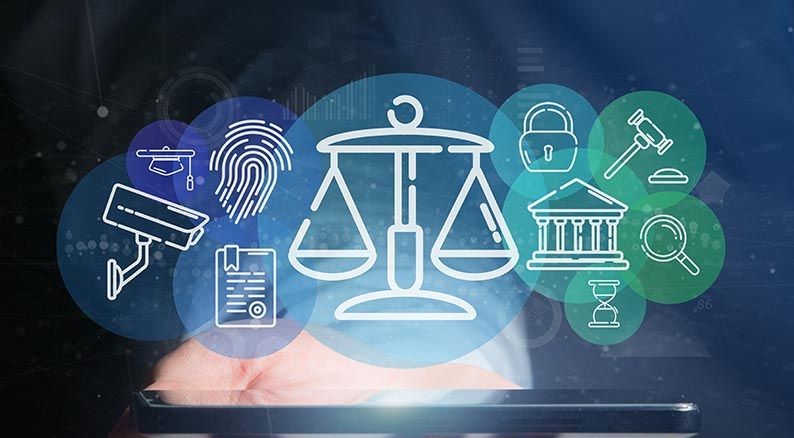As a result, ZRDC in corroboration with the Information and Communications University (ICU) of South Korea is currently providing special training to 20 police officers in the area of ICT security (Bachelor of Science in Information Security and Computer Forensics). These will graduate as Computer Forensic experts who will ensure integrity in cyber security and provide confidence in investigation of cybercrime at national level. ZRDC has also designed, developed and tested the following software solution for e-government in Zambia:
- e-PSM (Public Service Management System):
The e-PSM is a web-based/internet-based tool that will provide a central repository for public service information processes and management. The e-PSM will provide public service marketplaces such as e-recruitment, e-payslips, e-registration, online training and online access to circulars and civil service policy and practice handbooks. This e-working facility will improve the flow of information in the civil service and enable knowledge management in the government at large.
- KMS (Government Knowledge Management System):
The KMS is a web-based/internet-based tool that will provide a central repository for online data services in government departments, and ensure that civil servants develop, share, combine and consolidate knowledge, and take advantage of the electronically networked global knowledge systems
- e-Council (Council management System):
e-Council systems web-based/SMS-based tool that will enable local authorities efficiently and effectively manage information at local level. This will also enable local authorities communicate with citizens, and provide a range of services in local communities through the SMS/internet channel. This system will also be used to deliver information about community activities which need prompt action by the local people such as reminder of a tax due date etc. e-Council system will enable Effective Participatory Community Monitoring in Local Government Units.
According to the research study undertaken by the Zambia Research and Development Centre on SMS-based e-government implementation in Zambia, providing public services through the SMS channel can significantly reduce time and cost; introduce a cheaper, easier and faster information-accessing channel; improve transparency, accountability, communication, and relationship between government and citizens; make the services and procedures easier for the citizens; improve the local political image; engage more people and increase citizens participation; and promote e-Democracy.
- e-School (School Information Management System):
The e-school will enable more effective and efficient administration and management of information in schools. It is aimed at promoting the application of ICTs in managing information more effectively and streamlining internal administrative procedures as an important incentive for headmasters and administrative staff to institutionalize the use of ICT at all levels.
During research and development phase, participating schools included: David Kaunda Technical High School, St. Mary's High School, Arrakan High School, Kamwala High School, Matero Girls High School, Kabulonga Boys High School, Rhodes Park School and Bayuni Basic School. Now the e-school software is complete and fully operational enough to be installed in schools for use.
E-school focuses on the utilization of ICTs to deliver education services. It is also envisioned in the national ICT policy 'A Zambia transformed into an information and knowledge-based society and economy supported by consistent development of, and pervasive access to ICTs by all citizens by 2030.'
The e-school portal is an integrated system that will provide optimization of school processes, and enable members of staff to access all facets of management and administrative work. The e-school system will also generate reports on items such as overall school financial profile, teacher to pupil ratio, pupil enrolment status, skill management reports, and performance management reports.
The e-school portal will help schools manage and use data to drive instructional practices, improve pupil achievement, and optimize learning results. It will automate the administration of school events such as: handling course/subject schedules and student registrations; delivering learning content; facilitating communication among learners and between learners and instructors; and tracking and reporting on learners� progress and test scores. E-School Tools include: Teaching and Learning, Assessment and Accountability, Grading and Reporting. The e-school application will bring data directly to the desktop computers of classroom teachers and administrative staff. It will identify the critical educational standards, which allows schools to pace instruction, align materials to the standards over the school year, create formative assessments, and generate MoE, DEBS, school, class, and pupils reports that are meaningful, actionable, and easy to use.
- e-RoS (Registrar of Societies Management System):
e-RoS will enable monitoring, tracking and management of information about organizations that are registered under the Registrar of Societies. The system will facilitate ease of entry, storage and accessing of information on organizations registered under the Registrar of Societies. It will provide an online interface to enable prospective organizations to apply for registration online, and also enable online verification, search and confirmation of registered organizations. It will also be able to track, store and management records of registered organization.
ZRDC comprises professionals with extensive experience in R&D activities. ZRDC's uniqueness lies in its multidisciplinary and multicultural approach. The organization's professional staff includes specialists in economics, health, education, finance, social development, engineering, policy analysis, law, systems analysis, tourism, environment, information technology, agriculture, project management, and other key fields. This in-house expertise is supplemented by national-wide associate members and international partners.
- e-Police (Police Criminal Record Tracking System):
Police Criminal Record Tracking System (PCRTS) is an ICT solution for crime management and security. This will enable the police achieve a fully ICT enabled crime management information system, and bring about increased institutional capacity to develop, share, combine and consolidate knowledge on crime. In this context, a criminal record is defined as a 'list of crimes for which an accused person has been previously convicted'. It may include arrests, charges dismissed, charges pending, and even charges of which the subject has been acquitted. Other relevant records include: police cases, court session details, fingerprints etc. Therefore, this system will help the Zambia Police Service to accurately keep these records and have quick and easy access to them whenever required.
- e-PPCA (Police Public Complaints Authority Information Management System):
ul>
The e-PPCA enables receipt, storage and management of information on complaints from members of the general public on the conduct of police officers in the execution of their duties) at the Police Public Complaints Authority (PPCA), Ministry of Home Affairs. This system enables citizens in far off places to fill-in and remotely lodge their complaints via the three level access system (i.e. computer-based/intranet, web-based/internet and SMS-based/mobile interface modules) via internet or SMS using their mobile phones.




